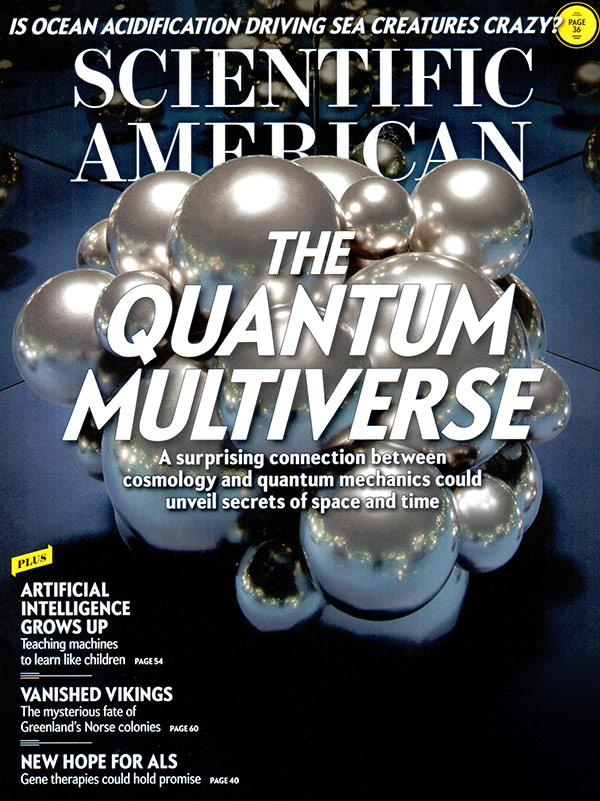In this week’s eSkeptic:
COGNITIVE DISSONANCE
Fighting the Backfire Effect
Have you ever noticed that when you present people with facts that are contrary to their deepest held beliefs they always change their minds? Me neither! In fact, people seem to double down on their beliefs in the teeth of overwhelming evidence against them. This is called the Backfire Effect and it happens when people perceive their worldview to be under threat by conflicting facts. The psychology underneath the backfire effect is called cognitive dissonance, or the uncomfortable feeling you get when a deeply held belief is contradicted by the facts. Are we doomed to always be at odds with the facts and other people when they don’t agree with our beliefs? Can we shred the backfire effect and reduce the problem of cognitive dissonance? Yes! In this video, Michael Shermer presents 6 things we can do. These may not always work to change people’s minds, but they may reduce unnecessary divisiveness so rampant in our culture.

In this week’s eSkeptic, James Lindsay and Peter Boghossian offer a point-by-point reply to 10 popular criticisms of their parody-style hoax paper, “The Conceptual Penis as a Social Construct,” that they published in an academic journal called Cogent Social Sciences.
Follow the authors @peterboghossian and @GodDoesnt.
Cogent Criticisms
A Point-by-Point Reply to Criticisms of the “Conceptual Penis” Hoax
by James Lindsay & Peter Boghossian
On May 19, 2017, we published a parody-style hoax paper titled “The Conceptual Penis as a Social Construct” in an academic journal called Cogent Social Sciences. Immediately upon publication we revealed the hoax on skeptic.com. A great deal of congratulation and criticism followed, with accompanying demands that we address our critics. What follows is a point-by-point reply to 10 popular criticisms.
1. Criticism: The journal is a vanity journal that publishes anything.
Whatever the journal’s problems, this is completely false, unless the journal is lying about its rejection rate. On its landing page, Cogent Social Sciences openly advertises a 61% rejection rate of papers submitted in 2016.
2. Criticism: The journal is otherwise of such low quality that nothing can be determined about gender studies.
In our write-up for eSkeptic, we dedicated significant space to impugning the journal for publishing our paper and did so before moving on to discuss problems that, in our perception, abide within gender studies. As we duly noted, we have every reason to suspect that Cogent Social Sciences harbors deep problems with its editorial and peer-review processes. Our critics’ ability to engage in a selective reading of our write-up surprised us, however, and it caused us to reflect on how to be more cautious with our explanations in future. (Nota bene: we will return to this point further down.) […]

SCIENTIFIC AMERICAN “SKEPTIC” COLUMN FOR JUNE 2017
Romance of the Vanished Past: Did an advanced civilization disappear more than 12,000 years ago?

Graham Hancock is an audacious autodidact who believes that long before ancient Mesopotamia, Babylonia and Egypt there existed an even more glorious civilization. One so thoroughly wiped out by a comet strike around 12,000 years ago that nearly all evidence of its existence vanished, leaving only the faintest of traces, including, Hancock thinks, a cryptic warning that such a celestial catastrophe could happen to us. All this is woven into a narrative entitled Magicians of the Gods (Thomas Dunne Books, 2015). I listened to the audio edition read by the author, whose British accent and breathless, revelatory storytelling style are confessedly compelling. But is it true? I’m skeptical. […]













